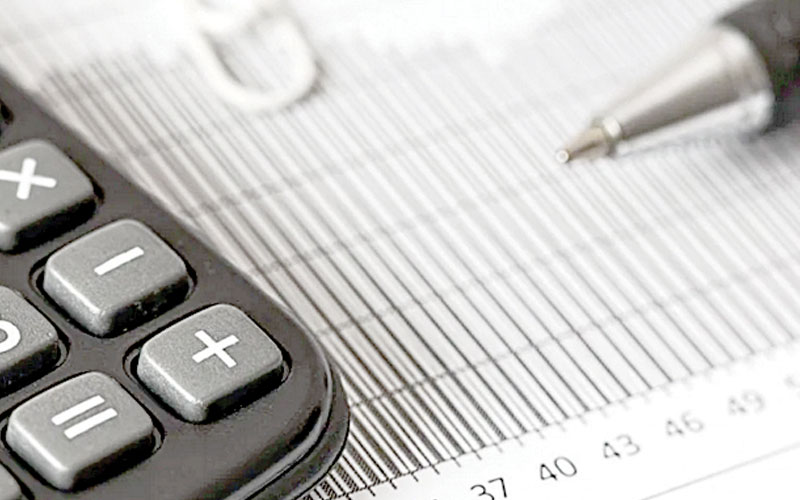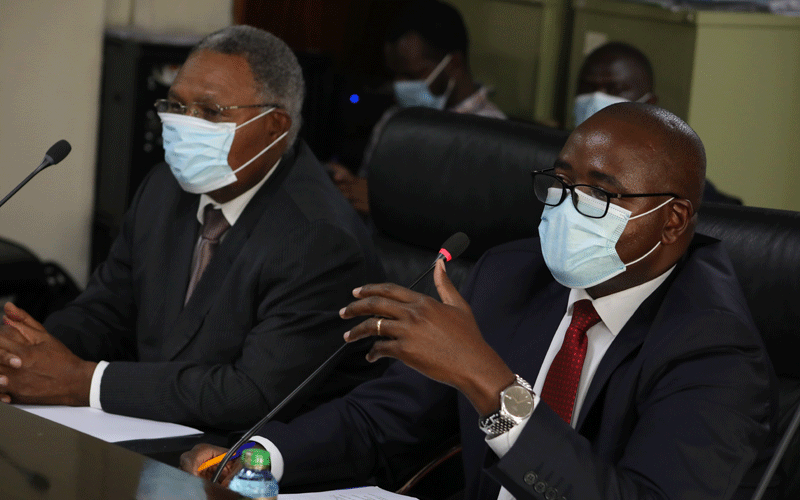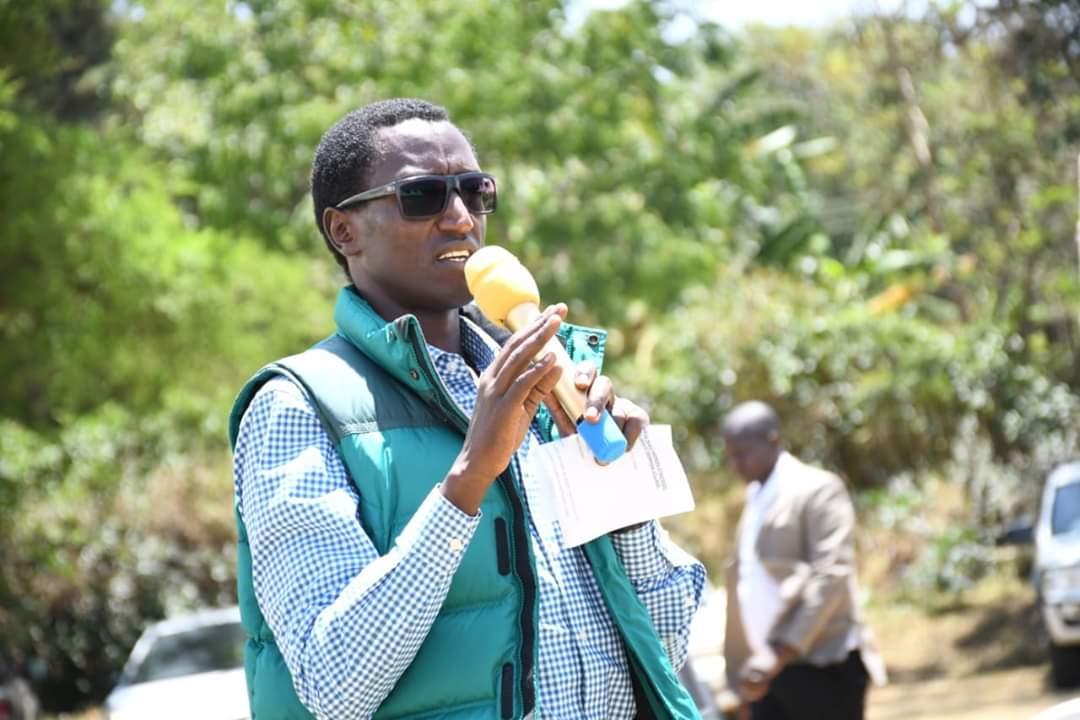Kenya Institute for Public Policy Research and Analysis now roots for debt restructuring

Herald Aloo
Kenya must restructure its debt to tackle an impending debt crisis, which may subdue economic recovery and third medium term plan, with domestic debt set to surge past Sh3.7 trillion in the next financial year.
The Kenya Institute for Public Policy Research and Analysis (KIPPRA) says limited fiscal space which made it difficult to respond to the pandemic will also push the external debt past Sh3.8 trillion, as the government mulls more external aid.
“Domestic debt restructuring policies are necessary towards mitigating the inherent risks associated with crowding out effect,” Kippra said in its latest economic report.
The institute raised a red flag on high cost of servicing local debt, saying it is putting off private investors, and burdening citizens with high taxes.
“The increase in public debt is partly due to inadequate domestic resource mobilisation, limited domestic savings to respond to the COVID-19 pandemic, and exchange rate movements,” Kippra said.
Debt servicing
In 2021, the government spent Sh360 billion on domestic debt servicing, representing 62.2 per cent of total debt services while Sh218.7 billion or 37.8 per cent of the debt stock, went to service external debt. This only serves to reduces available resources for critical development expenditure.
KIPPRA report warns that rising debt servicing costs remain a risk in the medium-term, forecasting mainly due to possible reallocation of funds away from delivery of public service.
“High debt service obligation implies that the government may face difficult trade-offs during the pandemic as to whether to honour debt obligation or spend domestically to contain and cushion the impact of the pandemic,” it said.
Parliament Budget Office (PBO), estimates the total debt service to hit Sh1.36 trillion by June 2023.
KIPPRA suggests that although debt suspension service has been a short term reprieve to Kenya’s fiscal space, prioritising debt management targeting the banking institutions, which currently holds 49.94 per cent or Sh2 trillion of the domestic debt, can create extra cash reserves for supporting economic recovery.
“Targeted fiscal injections and accommodative monetary policies are important in supporting growth and economic recovery in the medium-term.
This will ensure that liquidity is channelled to both households and firms to support economic activities,” said the economic analysis.
By April 2021, Treasury bills and Treasury bonds accounted for 21.0 per cent and 77.0 respectively of total domestic debt with banks being the biggest investors.
Refinancing risks
Refinancing risk associated with short-term borrowing implies that the government will use a huge chunk of the revenues to settle debt instead of supporting economic activities.
In December 2021, the budget office in its domestic debt restructuring proposal, urged Treasury to negotiate with holders of local debts including pension funds and banks to ease the burden of servicing debts.
This included extending terms on maturing debts to enable the government focus on injecting more cash into vital sectors like manufacturing and industrial to enhance inclusive growth during the pandemic.
Amidst surging cost of debt servicing and declining revenue, the government is likely to borrow more to finance economic stimuli and election-related activities.















